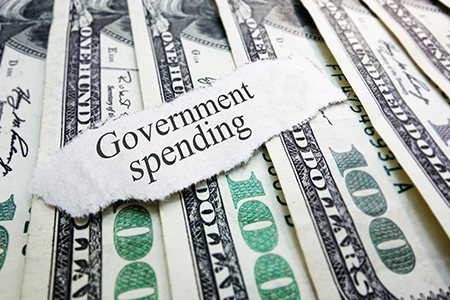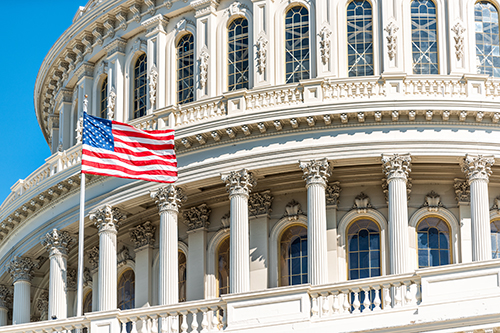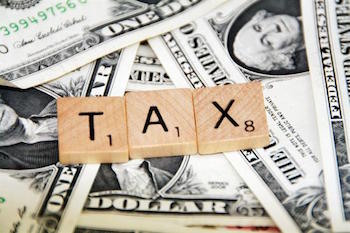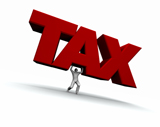How the Texas Legislature's Property Tax and School Finance Reforms Will Impact Texas Homeowners
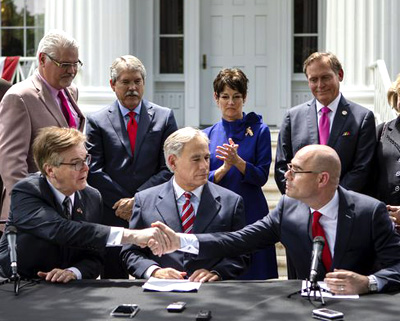 In the recent legislative session, state lawmakers approved two new bills that will lower school property taxes and limit the rise of other property taxes in Texas, at least until the next legislative session.
In the recent legislative session, state lawmakers approved two new bills that will lower school property taxes and limit the rise of other property taxes in Texas, at least until the next legislative session.
HB3, the Texas Plan for Transformational School Finance Reform, will increase the state government’s funding of public education, allowing ISDs to lower their property tax rates while attaining higher levels of funding. The bill will also require school districts to seek voter approval if they are going to increase their tax revenues by more than 2.5% and will automatically lower school districts’ property tax rates when their tax revenues increase by more than 2.5% due to increases in property values.
This bill is a great step towards property tax relief that lawmakers can be proud of. While some critics are skeptical about the size of the impact it will initially have, the most important thing is the concept that lawmakers acknowledge through the passage of the bill:
- The state government must uphold its constitutional obligation to fund public education
- Increasing the state’s share of public education funding will allow ISDs to lower their property taxes.
This reverses the trend by state lawmakers over previous legislative sessions of lowering the state’s share of public education funding, which has been a driving factor in the increase of ISD property taxes over the last decade. This significantly impacts property taxes in Texas because ISD taxes typically make up 45-50% of total property tax bills.
HB3 includes $6.5 billion in state money to improve education by spending at least 75% of it on raises for teachers, librarians, nurses and counselors as ISDs see fit. Lawmakers estimate this will increase per student funding in Texas by an average of $980, from $5,160 to $6,180. An additional $5.1 billion of state money will go towards the funding of ISDs in order to lower the amount of taxes that school districts would otherwise have to gather from local property owners.
State lawmakers estimate the bill will lower school property tax rates by an average of 8 cents per $100 valuation in 2020 and 13 cents in 2021. Property owners who reside in Conroe ISD’s jurisdiction paid $1.28 per $100 home valuation in school property taxes in FY 2018. For the median value home in The Woodlands of $338,900 that paid $4,338 in CISD property taxes in 2018, that would mean a tax cut of $271 (6.2%) in 2020 and $440 in 2021 (10.1%) on that portion of their bill.
For a $338,900 value home in The Woodlands that paid about $2.1417 in total property taxes per $100 of home valuation for all the tax jurisdictions it is in, or $7,258 in FY2018, that will lead to a 3.7% and 6% discount in 2020 and 2021 respectively.
That is not to say that other portions of property tax bills cannot increase. However, a separate bill, SB2, will require cities, counties and other taxing entities to seek voter approval in a November election if they wish to increase their property tax revenues by more than 3.5% in a year. The bill also mandates a number of measures centered around educating voters on how the Texas property tax system works and helping them to hold taxing entities accountable.
For example, counties are required to create a website or mail information to property owners about historical property tax rates and new actions taken or proposed to be taken by each taxing unit in which their property is located that may affect their taxes. Taxing entities are also required to notify property owners and hold public hearings if they plan to increase their property tax revenues. In addition, they must explain to property owners who is increasing their property taxes, including the names of locally elected officials who voted for or against any increases.
Some critics of the bill say cities or counties with rapidly increasing populations may experience decreased quality of public services like roads, flood control, parks, and law enforcement. Proponents of the bill say it does not mean lawmakers cannot increase spending, but that they will have to justify property tax increases to the voters in their district if they wish to increase them significantly. Perhaps large cities’ governments, which have higher proportions of voters who do not pay property taxes, will be more likely to be able to get voters to approve property tax increases greater than 3.5%. Other critics of the bill say it will just give taxing entities an excuse to raise property taxes 3.49% each year. This may occur in some cities and counties, but at least taxpayers will be more informed and have better resources to hold their elected officials accountable.



